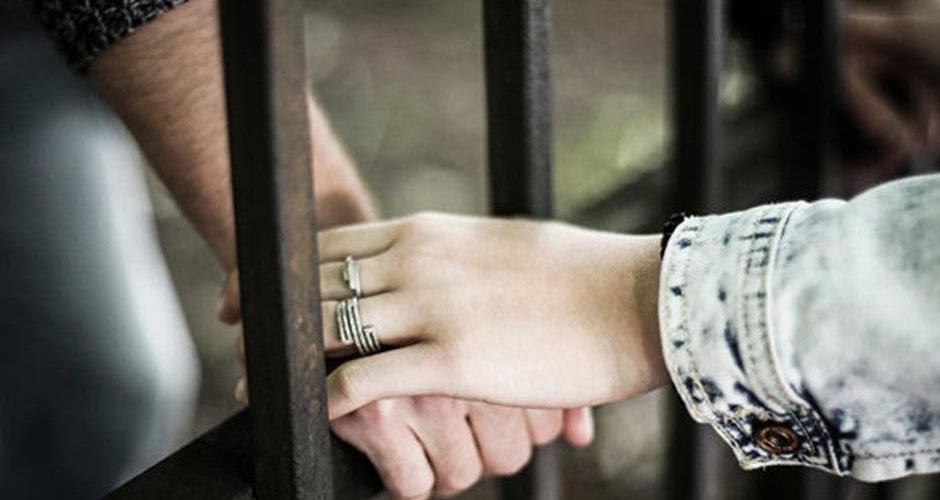The phone rings in the middle of the night, and you’re told your child has been arrested. It’s a scenario no parent ever wants to face. The immediate question often arises: “Should I bail my kid out of jail?” The decision can be complicated. This article delves into the complexities of bail bonds and offers guidance on making that tough choice.
Table of Contents
Understanding Bail Bonds:
Before making a decision, it’s essential to understand what a bail bond is. When someone is arrested, the court often sets a bail amount. This financial guarantee ensures that the defendant will return for their court date. If they do, the bail money is returned. If not, the money is forfeited. Bail bonds are services offered by bond agents who post bail on behalf of the defendant, usually charging a fee (typically 10-15% of the bail amount).
Factors to Consider:
1. Nature of the Crime:
Consider the severity of the crime. A minor misdemeanor might warrant a different approach than a serious felony. Understanding the gravity of the offense can help gauge the potential consequences and the necessity of bail.
2. Past Behavior:
Evaluating your child’s past behavior is crucial in making an informed decision about bailing them out. Has your child been in similar situations before? If this is a first-time offense and seems out of character, you might lean towards bailing them out, considering it an anomaly or a one-time lapse in judgment. However, if this is a recurring pattern, reflecting on the bigger picture is essential. Continuously rescuing them from the consequences of their actions may enable further irresponsible behavior. It’s a challenging position for any parent, but sometimes, the best way to teach responsibility and accountability is to allow them to face the natural consequences of their actions. This approach, often referred to as “tough love,” can be a catalyst for change, prompting self-reflection and growth. While it’s painful to see your child in distress, think of the long-term benefits of instilling a sense of responsibility and the potential for a more positive future.
3. Financial Implications:
Bail can be expensive, often reaching amounts that can strain many household budgets. Can you afford the bail amount or the fee for a bail bond without jeopardizing your financial stability? Beyond the immediate costs, there might be future legal fees or related expenses to consider. It’s crucial to evaluate your financial situation comprehensively before making a decision.
4. Potential Lessons:
Sometimes, spending a night in jail can be a profound wake-up call. It might deter future reckless behavior and instill a sense of responsibility. Experiencing the consequences of one’s actions firsthand can offer a perspective that mere words or warnings might not achieve.
5. Legal Counsel:
Before making any decisions, it’s wise to consult with an attorney. They can provide insights into the legal implications, potential penalties, and whether posting bail is advisable. An experienced lawyer can also guide you through the complexities of the legal system, ensuring that your child’s rights are protected and that you’re making informed choices.
The Emotional Quandary:
Beyond the practical considerations, the emotional turmoil can’t be ignored. As a parent, your instinct is to protect and support your child. However, balancing this instinct with what’s ultimately best for them in the long run is essential. Sometimes, the most challenging decisions are made out of love.
Alternatives to Bail Bonds:
If you decide against using bail bonds to get your child out, or if it’s financially unfeasible, there are alternatives:
Public Defender: If you can’t afford a private attorney, your child has the right to a public defender.
Pretrial Release Programs: Some jurisdictions offer programs where defendants are released without paying bail based on their risk assessment.
In Conclusion:
The decision to bail your child out of jail is deeply personal and multifaceted. It requires a balance of emotion, practicality, and foresight. By understanding the intricacies of bail bonds and considering the immediate and long-term implications, you can make an informed decision that serves the best interests of you and your child. Whatever you decide, ensure that it’s a choice that promotes growth, responsibility and a brighter future for your child.





